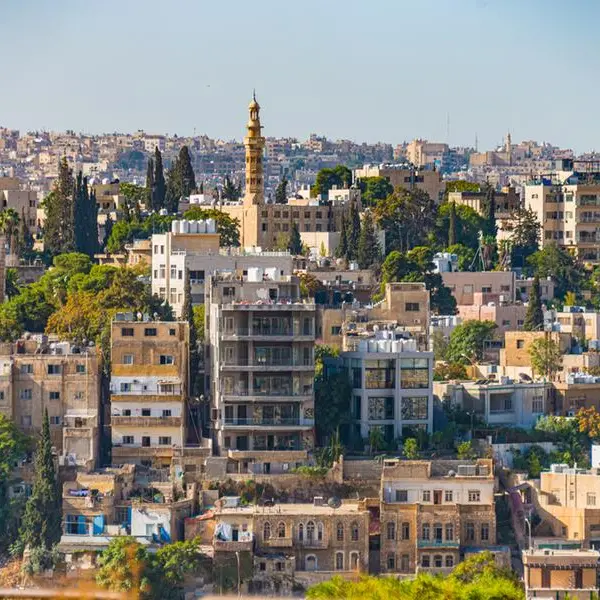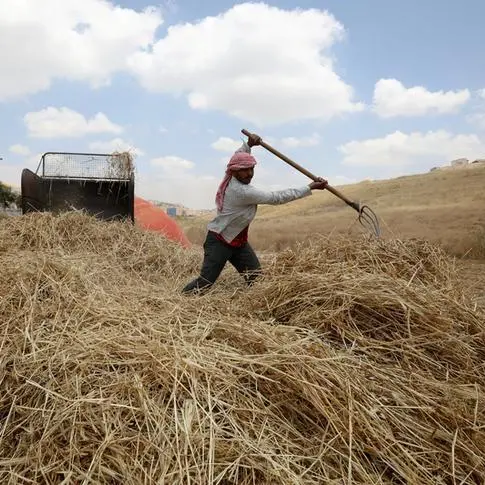PHOTO
AMMAN: Jordan agreed with the International Monetary Fund (IMF) on a new $1.2 billion four-year reform programme that was a signal of confidence to investors and will help cushion the economy from the adverse impact of regional conflict, Finance Minister Mohamad Al Ississ told Reuters on Thursday.
The new Extended Fund Facility (EFF) arrangement will replace an existing arrangement that was set to expire in early 2024, according to a statement released by the IMF.
It said the programme would continue to support Jordan as it "weathers new shocks", with the focus on continuing fiscal consolidation to place public debt on a steady downward path, as well as safeguarding monetary and financial stability.
Jordan has met most of the fiscal and monetary targets since the earlier IMF programme that began in March 2020, closing tax loopholes and widening the tax base and maintaining $18 billion of adequate foreign currency reserves, the IMF said.
Al Ississ said the new-IMF backed programme would help the country better cope with the impact of the Gaza conflict than most other countries, driven by a strong performance that has strengthened macro-economic stability.
"This is an insurance policy against all the regional shocks that Jordan and the region will be exposed to and preserving our fiscal and monetary policy." Al Ississ said.
"We have bolstered our immunity," he added.
The country's recovery from the impact of global economic turbulence after the pandemic meant that even with the shock of the Gaza conflict, growth was still on target to reach 2.6 percent this year.
Jordan's agreement with the IMF will help get preferential rates from its key Western donors and also access cheaper funding from global capital markets, Al Ississ said.
"We can go at any time to the international markets to borrow at low interest rates since there is confidence in the resilience and stability of the Jordanian economy as the IMF and ratings agencies have testified," he added.
Jordan's commitment to IMF reforms and investor confidence in the outlook helped it maintain stable sovereign ratings at a time when other emerging markets were downgraded in the last two years.
Jordan's central bank governor Adel al Sharkas said the dinar's peg to the dollar continued to serve well the Jordanian economy.
"We have large and safe reserves," Sharkas said echoing the IMF's view on the peg and adding the dollarisation of assets in the banking sector was nearly 18%, a ratio far lower than many countries and a sign of confidence in the local dinar, he added.
(Reporting by Suleiman Al-Khalidi; Editing by Toby Chopra, Mark Heinrich and David Evans)
Reuters




















